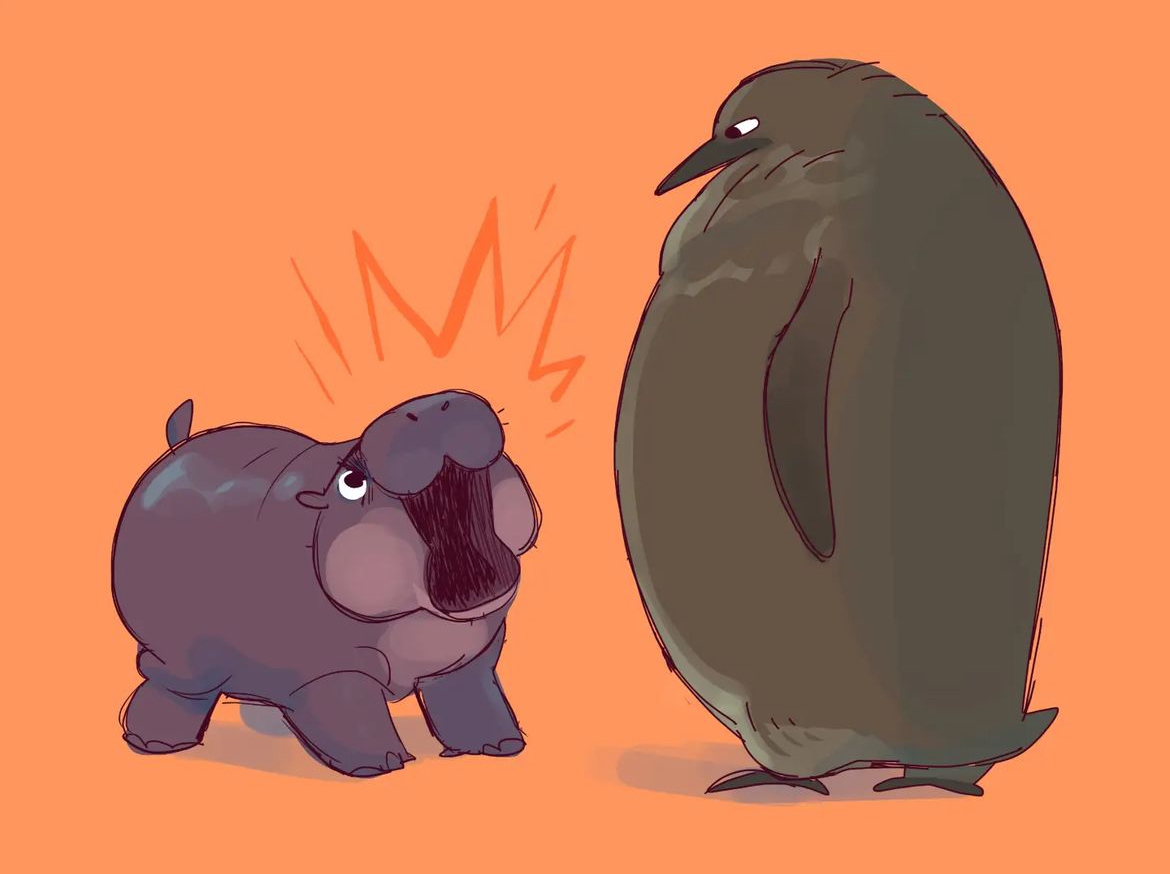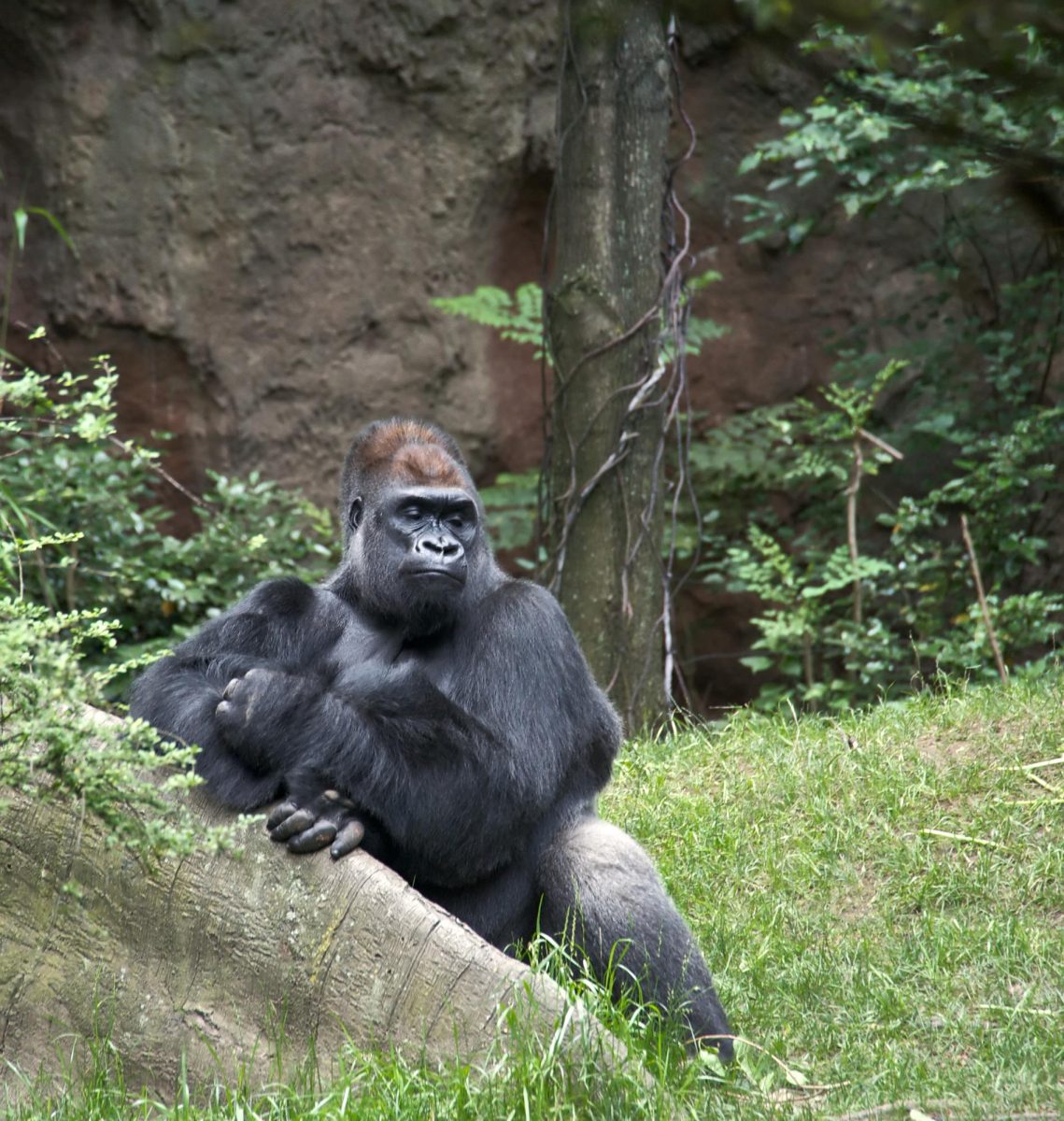While social media has largely spotlighted and propelled people to fame, it’s not uncommon for animals to do the same. After all, who doesn’t love watching these adorable creatures living their carefree lives, free from the pressures of school and work? After a long day, scrolling through posts with charming, sometimes unconventional, animals can be a necessary and delightful escape.
One such animal capturing people’s hearts worldwide is Moo Deng, a pygmy hippopotamus who resides in the Khao Kheow Open Zoo in Chon Buri, Thailand. Her name, which translates to “bouncy pork,” reflects her playful and mischievous nature.
Moo Deng first rose to fame after a Thai content creator, Yammi Saracino, shared a poll to name her on social media. Even after the poll concluded, Moo Deng’s irresistibly sassy personality kept watchers returning for more. With her silly antics–screaming, flopping onto the floor and playfully attempting to nibble on her zookeeper, who is fortunately safe as she hasn’t developed any teeth yet–Moo Deng’s personality is apparent. Physically, Moo Deng is utterly adorable with her round, chubby body and shiny skin. The shine Moo Deng exhibits comes from a fluid secreted by glands beneath her skin, helping to keep her hydrated and protect against sunburn since pygmy hippos can lose moisture quickly if they are in the sun for too long. To keep her cool, Moo Deng’s zookeeper often sprays her with a hose, creating a fun game that Moo Deng enjoys.
In addition to her 24/7 live stream, Moo Deng has become a marketing star. Thai Sephora featured her on its Instagram, promoting products that can help consumers achieve the rosy pink cheeks that are part of Moo Deng’s charm. This exposure not only highlights Moo Deng and her family but has also raised awareness for the pygmy hippopotamuses, an endangered species with fewer than 3,000 remaining in the wild.
Another animal that has taken the internet by storm is Pesto, a baby penguin at the Sea Life Aquarium in Melbourne, Australia. Born in late January, he is the only king penguin hatched at the aquarium in the past two years. When he arrived, he weighed less than a pound, but by the end of September, he weighed a whopping 51.8 pounds. For context, adult king penguins typically weigh between 31 and 37 pounds, making Pesto’s rapid growth even more remarkable at just nine months old. His chunky appearance is thanks to a healthy appetite; he eats more than 25 fish a day. With a biological father who weighs 39 pounds and caregivers who weigh around 24 pounds each, Pesto looks adorably oversized, adding a touch of humor to his charm. As he sheds all his baby feathers in the coming months, he’s expected to lose some of the baby fat and slim down a bit.
Beyond his cuteness, Pesto’s appeals tap into a deeper psychological phenomenon. Studies show that we are naturally inclined to engage with and protect baby animals because we view them as vulnerable creatures. This desire to engage with and protect these animals extends beyond just mammals; it applies to all species. Animals like Pesto and Moo Deng offer a sense of authenticity and connection, which can be hard to find in the curated lives and social media of influencers. Their unfiltered and genuine behaviors make them more loveable and relatable.








